Access Virus Alternatives for Virtual Analogue Synthesis
Alternatives to the classic VA synth.
Ever wondered why the Virus is still around? We look into virtual analogue synths and check out some of the best Access Virus alternatives for music production and live performance.
In this Article
The popularity of virtual analogue keyboards exploded in the 1990s, with synths like the KORG Prophecy and the MS-2000, the Roland JP-8000, as well as Synths from Nord and Waldorf.
Compared to other digital synths like the famous Yamaha DX7, virtual analogue synths were far easier and more intuitive to program. As they were based on subtractive synthesis concepts, you still felt like you were using an analogue synth for the most part.
Access Virus Alternatives
The Virus came along in 1997 with a slightly darker-sounding DSP engine than many of its virtual analogue counterparts. What’s more, it could also convincingly recreate sounds from your favourite analogue synths like the Minimoog, TB-303, and Juno series.
As a concept, the Virus caught on as a studio instrument with electronic music producers. However, it also made waves in live music where bands like Gary Numan and Depeche Mode were thrilled to be able to recreate most of their sounds from a single synth on stage.
Today, the Virus TI2 series has been discontinued. However, it was revered for its multitimbrality, depth of synthesis capabilities, and range of effects. Let’s take a look at some options with a similar feel.
Access Virus Alternatives: DSP56300 OsTIrus – A Free Virus Emulation Plugin
[Update April 25, 2024] Free thinking developer, DSP56300 has created a software environment that emulates the Motorola DSP563xx processing chips. You’ll find the same technology inside a range of virtual-analogue synthesizers like the Novation Supernova, Nord Lead 3, and the Waldorf Q.
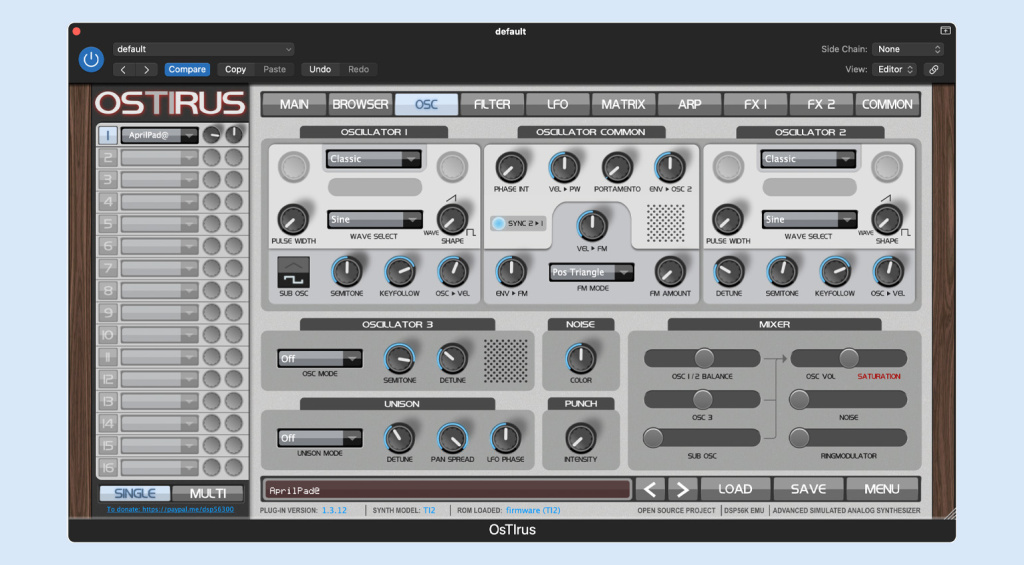
As a Virus owner, you can use its firmware to run the OsTIrus plug-in within your DAW. Is this the Virus alternative we’ve been waiting for?
It could well be, but keep in mind that this is a purely experimental peripheral piece of software intended for Virus owners. Should you get a copy of the original Virus firmware unofficially, you do so at your own risk.
Access Virus Alternatives: Modal Cobalt8
The Modal Cobalt8 has a powerful 8-voice virtual analogue engine with a range of playing modes including legato and staccato mode, as well as mono, poly, unison, and stack modes.
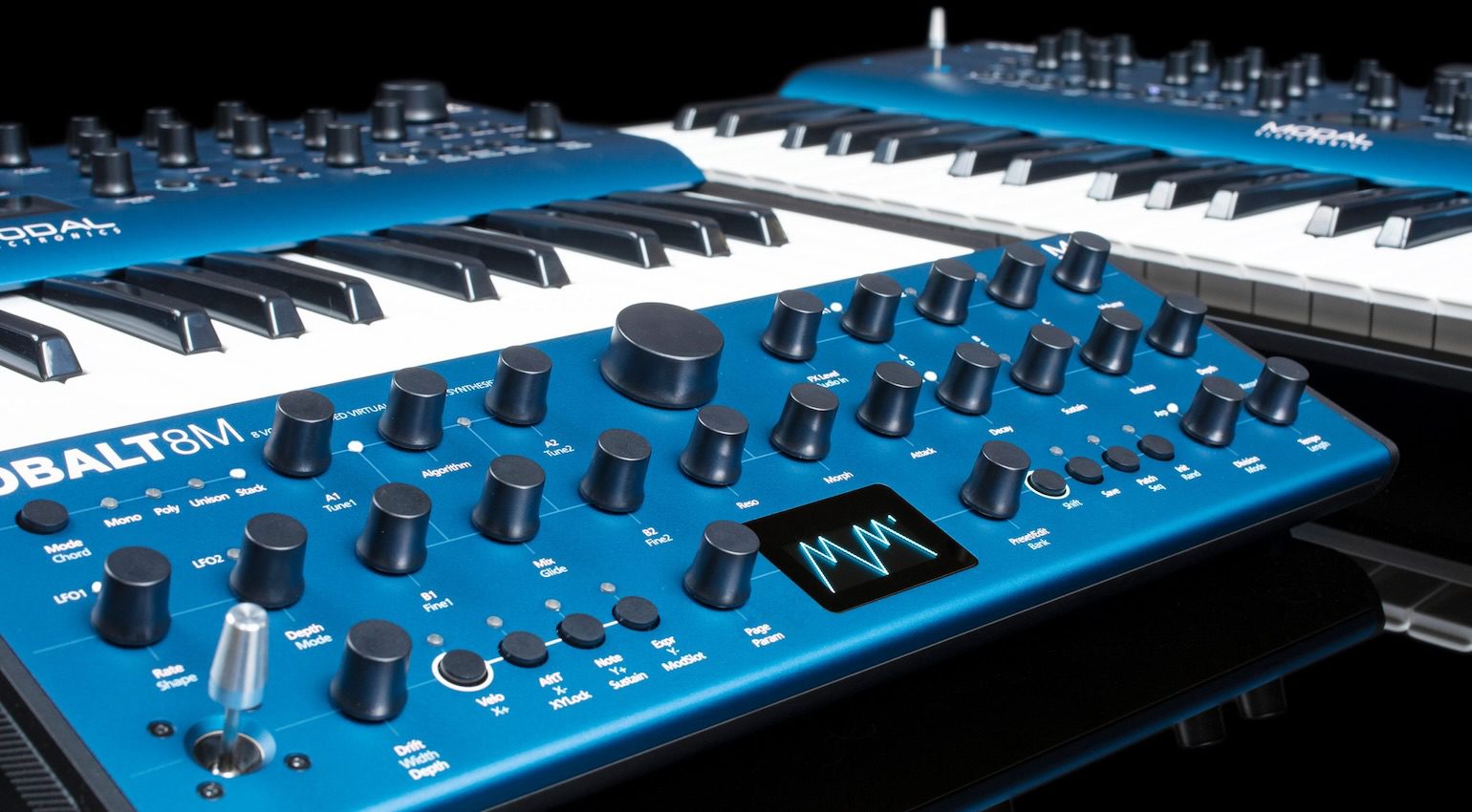
Sound generation starts with 2 independent oscillator sections with 4 oscillators each. Moreover, there are 34 algorithms including sync, ring modulation, waveform morphing, and more.
The morphable filter and effects section are impressive, and like the Virus, the Cobalt series is available in desktop module, 37-key, and 61-key versions.
- More about Modal Electronics

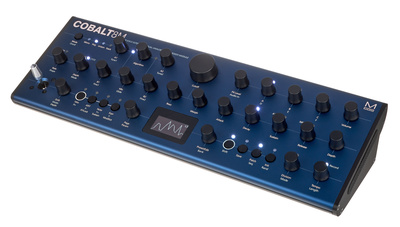

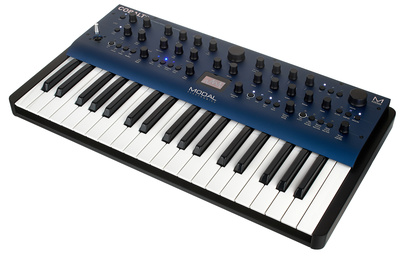

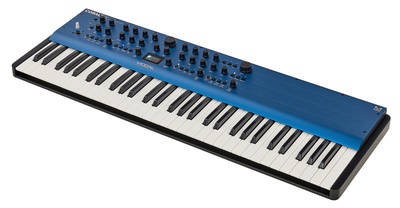
Access Virus Alternatives: Korg Modwave MKII
The KORG Modwave MKII might be a wavetable synth, but it still follows familiar virtual analogue principles when it comes to interface design and layout. What’s more, it includes filter modelling of the famous MS-20 and PolySix analogue synthesizers.
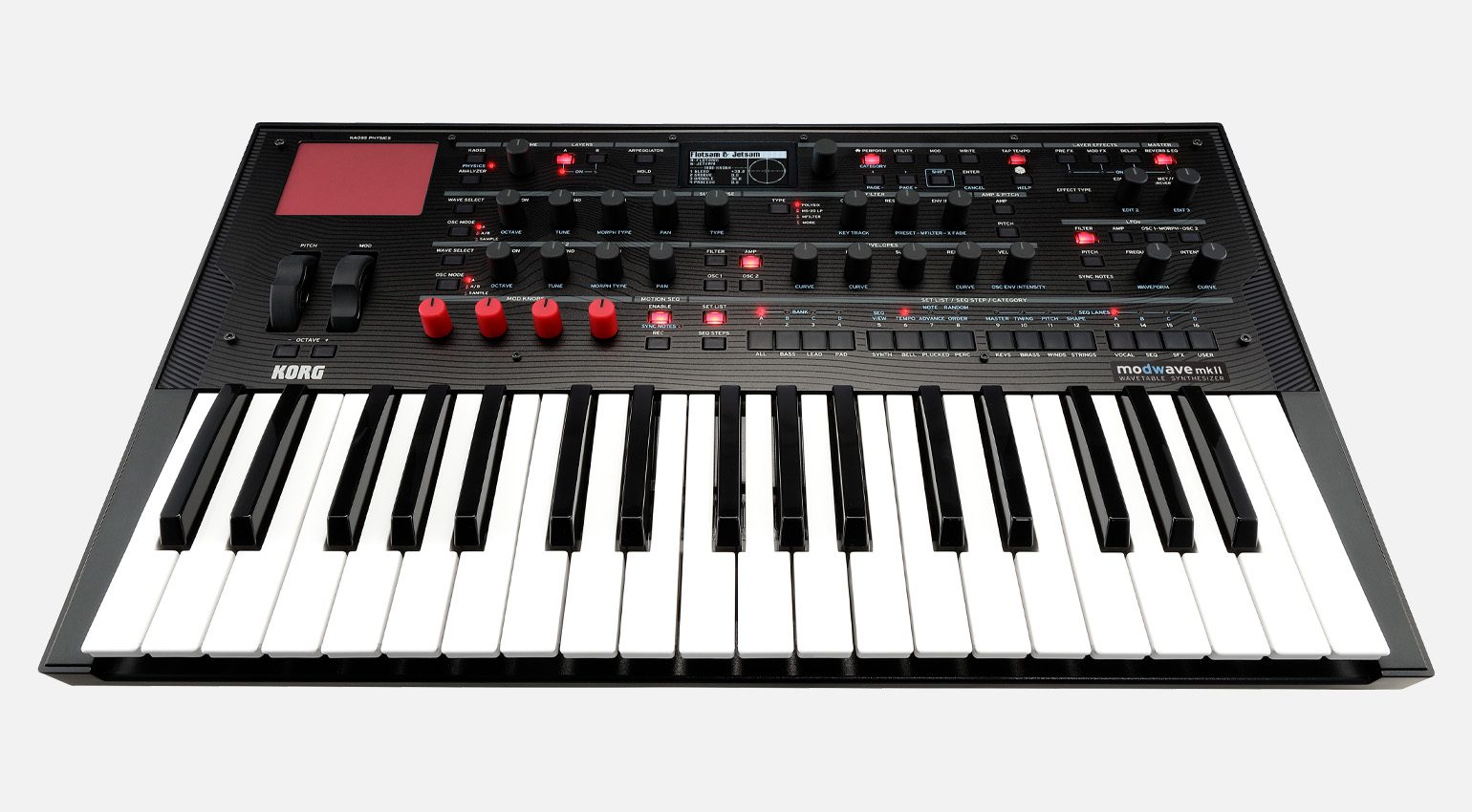
The Modwave MKII continues the legacy of the DW-8000 from 1985. Here, we have 2 wavetable oscillators and a sub-oscillator per program. Furthermore, there are 60 voices of polyphony with incredibly flexible modulation options.
You can also morph your sounds with the onboard motion sequencer and the software editor allows you to create sounds and manage presets in a similar way to the Virus Total Integration system.
- More from KORG

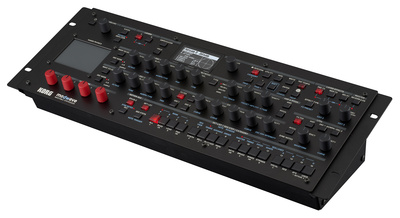

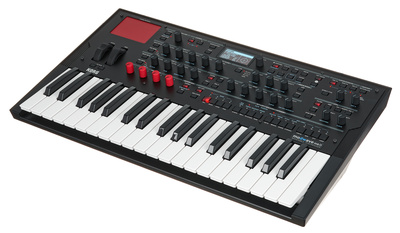
Access Virus Alternatives: ASM Hydrasynth
The ASM Hydrasynth is a great-sounding digital wave-morphing synth with impressive creative capabilities. Its three oscillators give you access to 219 single-cycle waveforms, while there are options for blending wavetables and using them as mod sources.
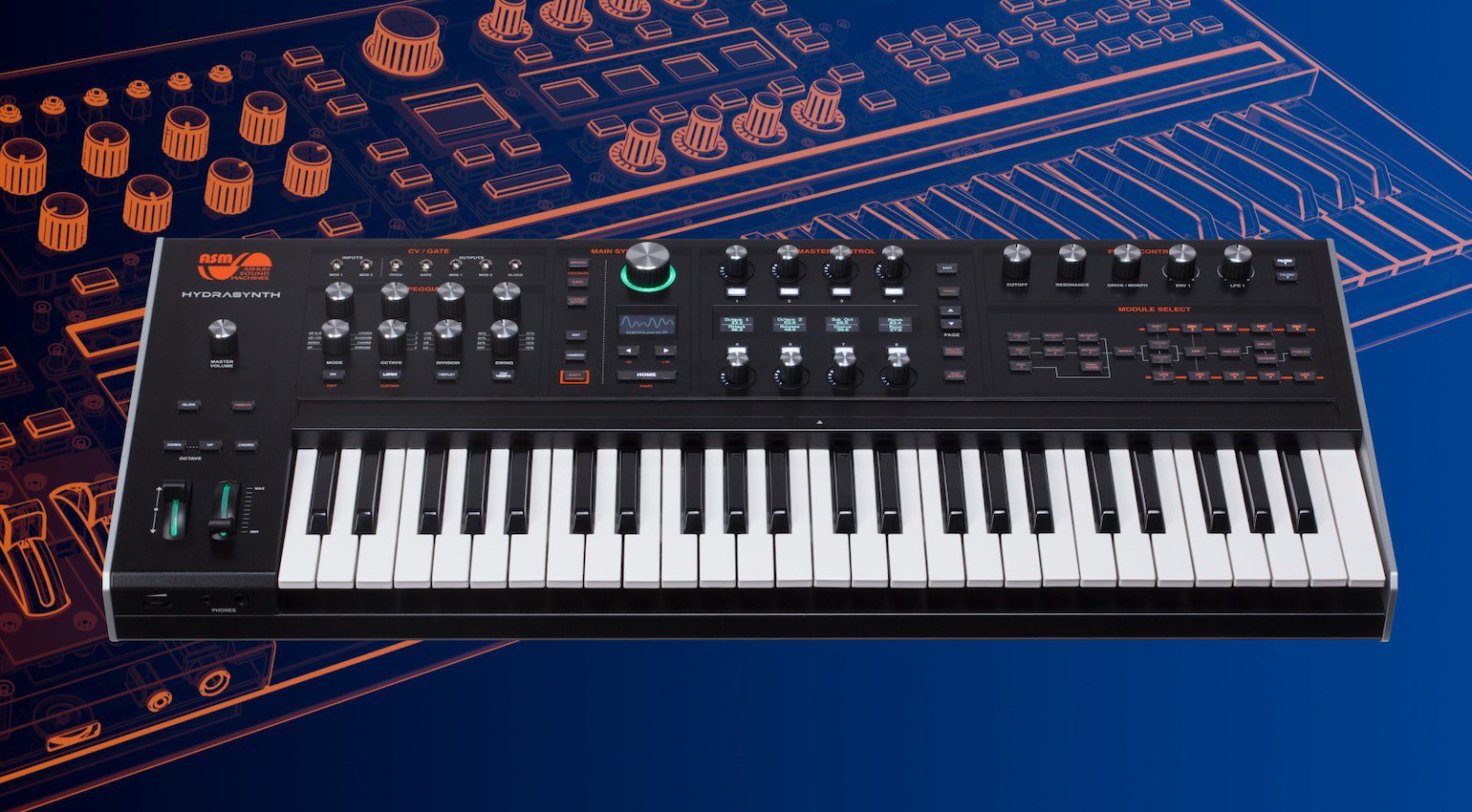
The dual-filter section operates in series or parallel, with multimode Ladder and SEM-style filters to work with. In addition, the modulation section is extensive, with five DAHDSR envelopes and five LFOs to shape sounds.
With features like digital effects, and CV I/O, the Hyrasynth family is an exciting prospect. This range includes a desktop module, 37-key, 49-key, and 73-key versions.
- More from ASM

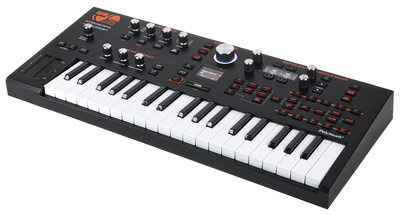

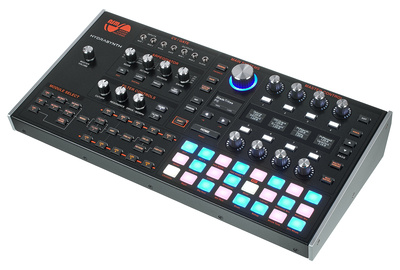

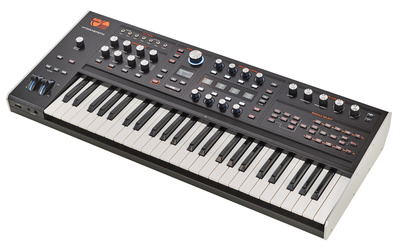

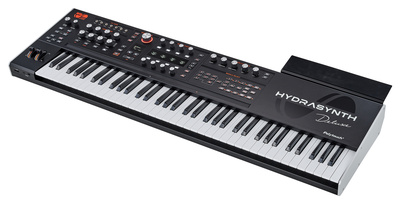
Access Virus Alternatives: Waldorf Iridium
Based on the incredible Quantum synth engine, the Waldorf Iridium offers 16-voice polyphony and two layers for detailed sound creation. Each of the 3 oscillators has a range of sound generation modes, including Wavetable, Virtual-Analogue, Granular, Resonator, and Kernels.
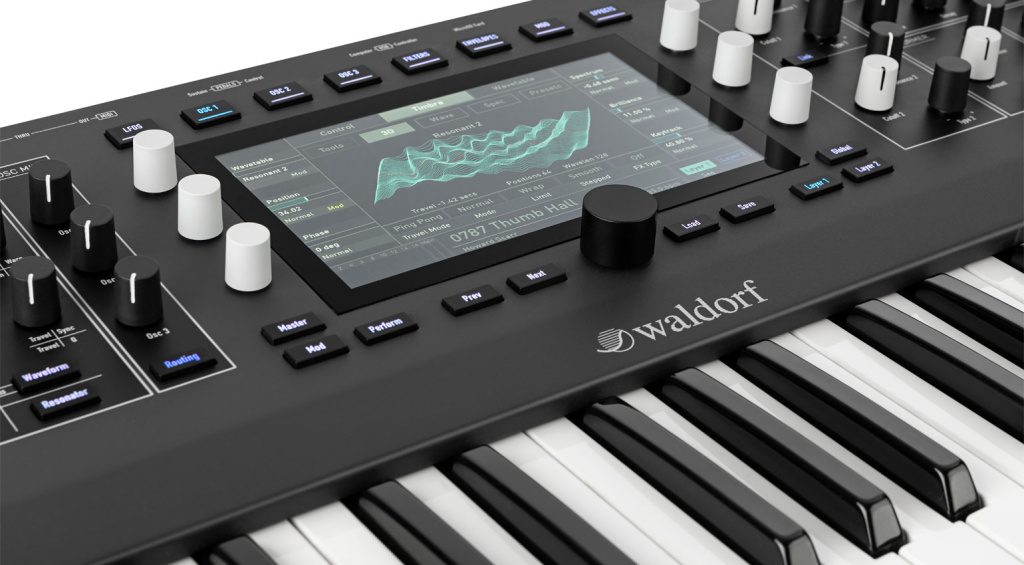
In addition, there is a wide range of sound-shaping tools, with 3 stereo multimode filters per voice as well as effects like bit crusher, drive, and ring mod. Meanwhile, the Iridium has an impressively complex modulation system with 6 envelopes and 6 LFOs.
With the touchscreen interface, you can create your own mod shapes called Komplex Modulators. Overall, the Iridium goes extremely deep on features and even exceeds the capabilities of the Virus in some areas.
- More from Waldorf

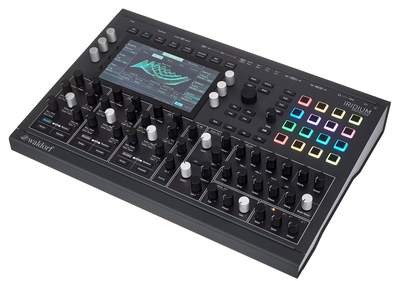

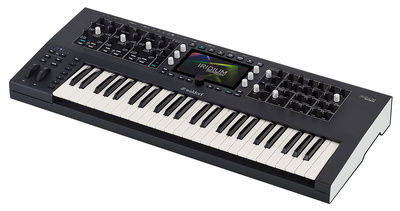

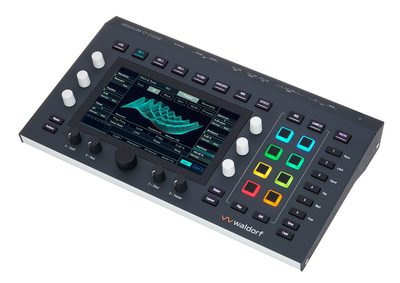
Access Virus Alternatives: Clavia Nord Lead A1
Although, like the Virus, one might regard the Nord Lead A1 as a dinosaur compared to many modern synths, it still provides a high-quality 4-part multitimbral 24-voice polyphonic 96 kHz 32-bit floating point synth engine.
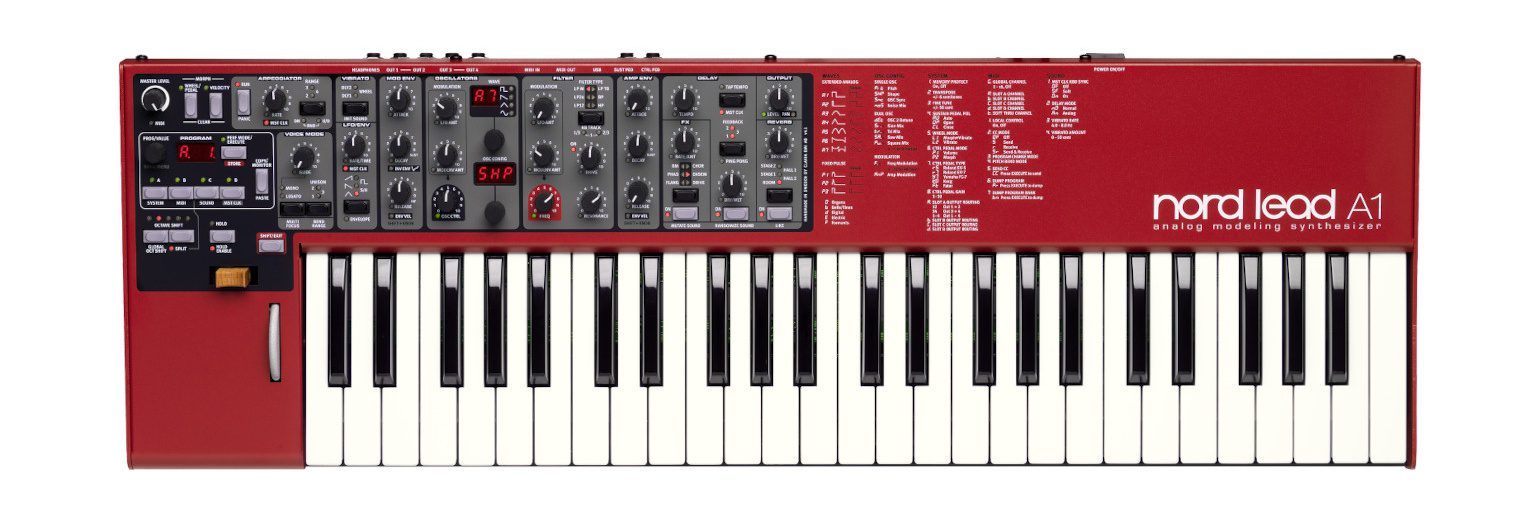
The oscillators have a range of 47 analogue and digital waveforms and an intuitive interface. This allows you to quickly dive into creating your own patches from scratch rather than scrolling through the preset library.
Both the sound and build quality are still at a much higher standard than the majority of synths you’ll find in this price range, and it remains the one keyboard that Trent Reznor couldn’t break. It may take you a while, but everyone starts to love the Nord sound in the end.
- More from Nord

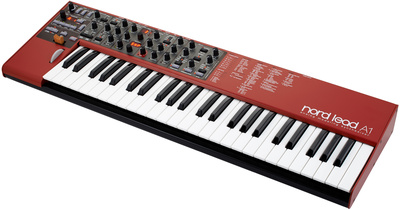
More about Access Virus Alternatives:
- More from Access Music
- All about virtual analogue synths
*Note: This article contains advertising links that help us finance our site. Don’t worry: the price for you always stays the same! If you purchase something through these links, we receive a small commission. Thank you for your support!
11 responses to “Access Virus Alternatives for Virtual Analogue Synthesis”

 3,6 / 5,0 |
3,6 / 5,0 | 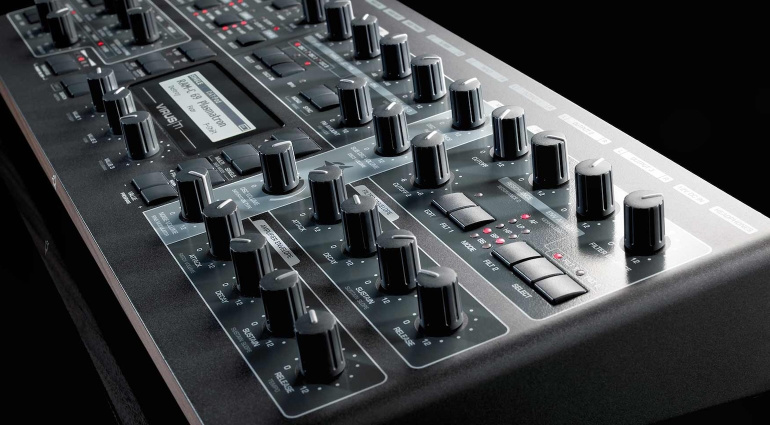


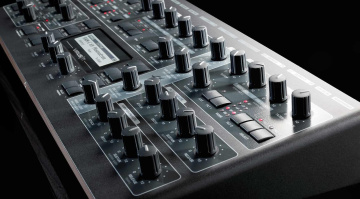

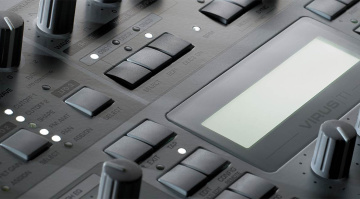
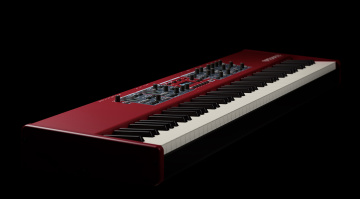
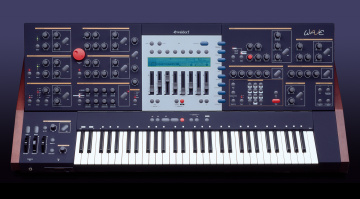
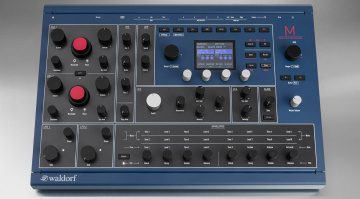
Nothing sounds likes Access Virus except Access Virus because of the
DSP of the time, (I/O) and the timeless
programming that makes it almost like Analog custom synths..because it’s so of it’s time!
Check out the DSP 56300 project. They emulate the Motorola chip that ran the virus and have a VST plugin that is a 1:1 clone, save for the analog and conversion stages: https://dsp56300.wordpress.com/
Also nothing sounds like a virus, it’s a very special synth and even synths with similar architectures and features do not sound like it.
It sound actually very close
DSP 56300 VST is the same as hardware. 100% clone. Not Ti, but who cares?
TI is meanwhile also available for donators
One of the things that the Virus excels at is the comprehensive effects section. Novation’s mininova has similar effects and filter routing options, but lackluster wavetables, poor gain staging and is monotimbral. Having said that it’s a lot cheaper and can create similar sounds
The cheapest way to get that authentic Virus sound is to pick up a TC Powercore, apply the freely available “unlock all plugins” patch and you also get a multi-timbral Virus and 15 or so effects plugins.
the powercore version is very buggy. eg lowpass filter soudns like bitcrusher etc
The majority of those who claim that TI can be replaced are not hardcore gamers or synthesizer enthusiasts. People who are proficient in using synthesizers can discern the distinctiveness of TI from its initial sound alone. When coupled with the influence of HYPER, it is what makes a series of producers appreciate the uniqueness of TI. Those who only know how to use patches, on the other hand, cannot grasp the remarkable capabilities of TI.
Despite its rather flimsy keys with no aftertouch, light feeling knobs, and no sequencer, I love my KingKORG because of its versatility and its wonderful sound. IMO it is the best sounding VA synth around. And it gives the best emulations of classic 70s and 80s synth sounds.
While it doesn’t have the multiculturalism of the virus, only 2 parts, the Iridium and Quantum would make good alternatives. Though it doesn’t have that unique dark sound and I’m not sure how the effects stack up but it’s a good alternative.
You are currently viewing a placeholder content from Facebook. To access the actual content, click the button below. Please note that doing so will share data with third-party providers.
More InformationYou are currently viewing a placeholder content from Instagram. To access the actual content, click the button below. Please note that doing so will share data with third-party providers.
More InformationYou are currently viewing a placeholder content from X. To access the actual content, click the button below. Please note that doing so will share data with third-party providers.
More Information